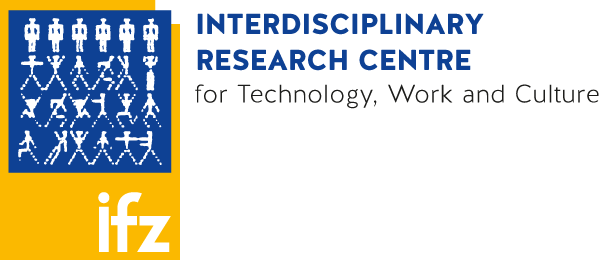South-East European Network for Science and Technology Studies: STS Contributions to the Governance of Sociotechnical Change (SEENet-STS)
The project focuses on transforming the established contacts between Austrian scientists and their colleagues in South-Eastern Europe into real cooperation and creation of network of researchers in the field of science and technology studies.
- Austrian Science and Research Liaison Offices, BMBWK
2005-2006
- Technology Studies Group (TSG), Institute of Sociology – Bulgarian Academy of Sciences (Koordinator),
- Faculty of Architecture, University of Belgrade, Serbien und Montenegro,
- Institute of Economics, University “Ss Cyril and Methodius”, Macedonia,
- Faculty of Social Sciences, Centre for Social Studies of Science (CSSS), University of Ljubljana, Slowenien
The core of this cooperation is utilization of the potential of STS to contribute to a new type of science and technology policy making in the region: a type of policy that is more aware of the diverse impacts of technological change on the environment and society, and which involves civil society (NGOs, diverse social groups, stakeholders) early on in the policy process. The question of primary interest for the partners thus will be:
1) How to open the scientific and engineering communities in South-Eastern European countries and increase the involvement of civil society; to establish conditions for open discussion of the problems, that until recently have been preserved only for experts?
2) STS and its possible impact on policy making: how to promote the civil control on policy strategies and policy solutions in the field of science and technology - how to assist in reshaping national innovation systems in partners countries; how to study and mediate the emerging new patterns of relationships between science, engineering and business?
3) How to improve capacity of civil society’s structures like NGOs to tackle sensitive problems of ecological and technological risks, renewable energy and limits of civil control?
